 Circles of Hell
Circles of Hell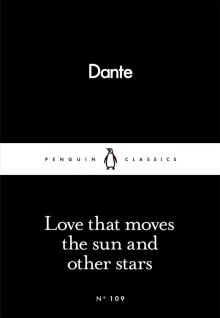 Love That Moves the Sun and Other Stars
Love That Moves the Sun and Other Stars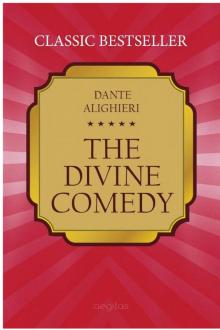 The Divine Comedy
The Divine Comedy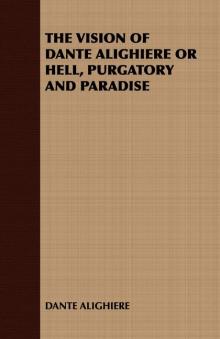 The Vision of Dante Alighiere or Hell, Purgatory and Paradise
The Vision of Dante Alighiere or Hell, Purgatory and Paradise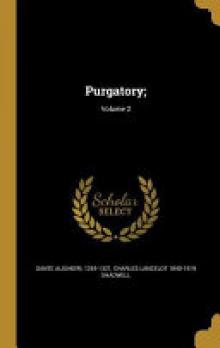 Purgatory
Purgatory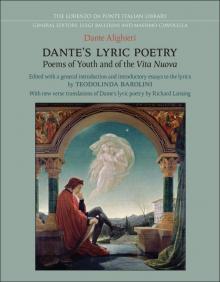 Dante's Lyric Poems (Italian Poetry in Translation)
Dante's Lyric Poems (Italian Poetry in Translation)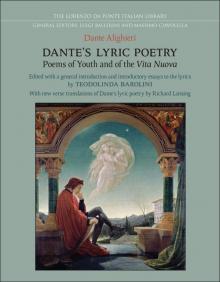 Dante's Lyric Poetry: Poems of Youth and of the 'Vita Nuova'
Dante's Lyric Poetry: Poems of Youth and of the 'Vita Nuova'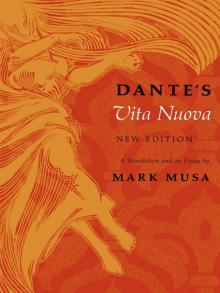 Dante’s Vita Nuova, New Edition: A Translation and an Essay
Dante’s Vita Nuova, New Edition: A Translation and an Essay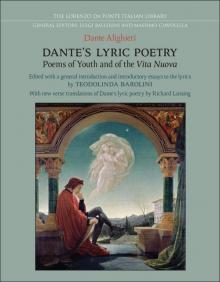 Dante's Lyric Poetry
Dante's Lyric Poetry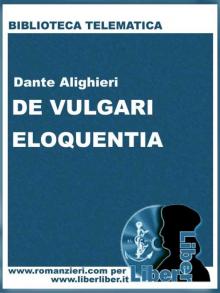 De vulgari eloquentia
De vulgari eloquentia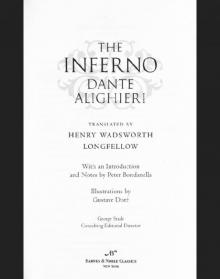 The Inferno (Barnes & Noble Classics Series)
The Inferno (Barnes & Noble Classics Series)